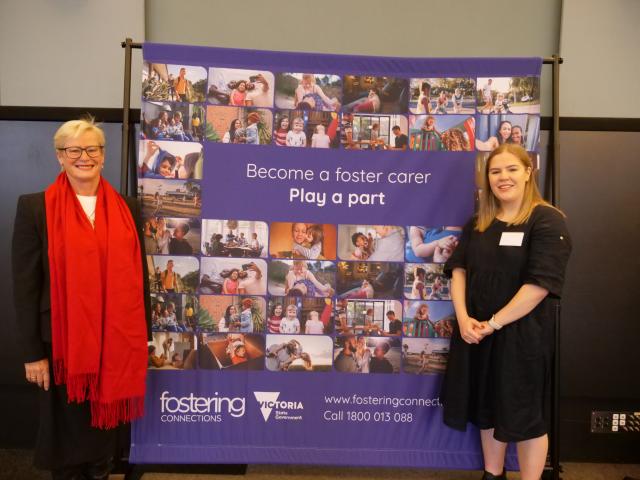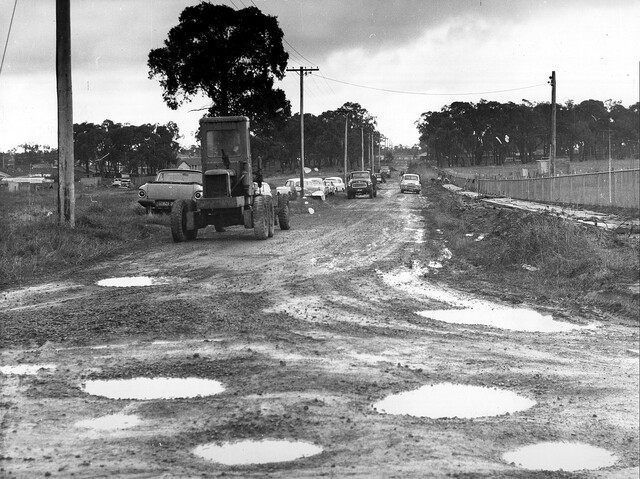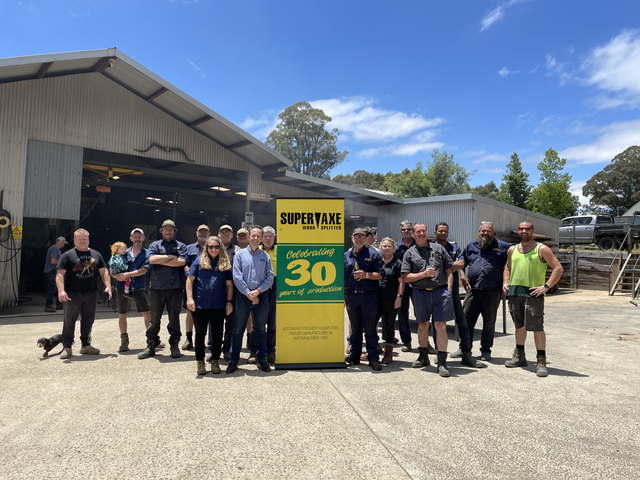The Covid-19 pandemic has exacerbated the already declining number of foster carers, leaving organisations with a short supply of homes to care for children in need.
Anchor CEO Heidi Tucker said this is something she has seen over the last five years but Covid had a huge impact on the uptake of new foster parents.
As a partnering organisation of Fostering Connections, Anchor was at the launch of its new campaign ‘Play a Part’, encouraging families and individuals to play a small role in the life of a young person needing care.
Ms Tucker said understandably, families during the pandemic lockdowns had potentially already taken a hit financially and were perhaps worried about the health risks of Covid-19.
“Foster carers we’re dealing with their own health issues and those of their own children, many foster carers dropped out of the system, because they felt they couldn’t do what they needed to do with their own families in their own situation, as well as taking in other children,” she said.
This compounded the existing reasons why families may not be able to take on foster children because of the cost of living, lack of time, both parents work full time and there is less space for another child.
“Not only that, the children that are now coming into care, there’s a lot of families in a lot of distress out there for various reasons, and children are being exposed to and being the victims of a lot of child abuse and neglect,” Ms Tucker said.
“The product of all of that is children are coming into our system in a much more traumatised and damaged fashion.”
Keeping families together, Ms Tucker said is the ethos of the system but should that fail, often children are much older when they need care.
“The failure of that can be quite catastrophic for children, they can be a bit older, coming into the system more damaged, seeing more of life and more harm.
“So they’re coming in with this huge complexity of needs because they are very traumatised, and they need carers and people to look after them but really they need to be quite skilled.”
While skilled carers are in the system, Ms Tucker said there is nowhere near enough to cater to the demand of these more complex cases.
Now the push from Fostering Connections, supported by the CEOs of many foster care agencies including Ms Tucker, is to change messaging around what foster caring looks like.
“What we wanted to do with the campaign was get across to people, if they’re not everything, they don’t have to do it on their own,” Ms Tucker said.
“Putting your hand up to be a foster carer doesn’t mean that you’re doing it on your own but what it means is, you’re playing a part and a very important part in the lives of these children.”
Having been a foster carer herself, Ms Tucker said she knows the challenges linked with foster caring but she also knows the rewards of having a lifelong connection with that person.
While there can be a stigma around what it means to either be in foster care or be a foster parent, Ms Tucker said this campaign may help break down some of those misconceptions and preconceived ideas.
“Children do pick up that the system and society doesn’t like their parents, there’s something wrong with their parents, there’s something wrong with the situation they’ve come from. It’s bad.
“I have been working very hard for many years on how we can make what really happened with birth parents and situations, much of which is often out of people’s control, how can we get those messages across to the general community that people don’t set out for their lives to go off track like this.”
Anchor focuses on the outer east as a whole as well as having a particular interest in the Yarra Ranges.
Ms Tucker said although the trends in this region have followed statewide declines in foster carers, the age bracket has changed and “as those older generations have left [foster care], we’ve not been able to replace them with the younger generation.”
Contributing to this in the Yarra Ranges specifically, Ms Tucker said is the fact that “it is such a community of haves and have nots” with no real in between or ‘middle class’.
“The thing with foster care is it does attract more people in that middle kind of class…so it attracts people who are relatively stable, who want to do something for others, and who are doing ok. You’re not going to be doing it if you yourself are in dire straits.
“For children who grow up in care, it only takes one stable adult that they think loves them and cares for them to make a difference.”







